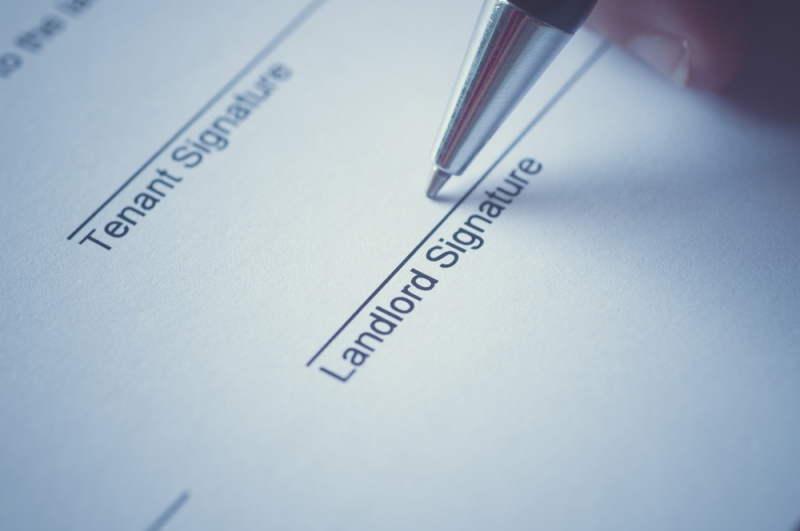Managing a rental property is no easy task. Every day brings a tall order; whether you’re screening applicants to move in, helping current tenants with their complaints, or working on a difficult maintenance request, it isn’t uncommon to feel overwhelmed. Although you have a number of resources at your disposal to assist you with such problems, the following three will serve you well. Let’s take a look at these essential tools all landlords should have in their back pocket.
- An understanding of lease legalities: Lease and rental agreements are complicated legal documents. The consequences of writing them without truly understanding what you’re doing can be disastrous; tenants can find and exploit loopholes, and they may even take legal action against you, costing you time and money (and your reputation) in the long run.
Without the proper legal knowledge and comprehension, you may forget to set pet rules, include late payment fees, or accidentally violate the Fair Housing Act. Take the time to do your research; consider seeking legal aid from a professional, and — most importantly — don’t be afraid to get your hands on any information and advice available to you.
- Landlord software: Finding and securing trustworthy (and creditworthy) tenants is vital to the success of your business. After all, you can’t collect rent payments if no one is living in your buildings or renting out your rooms. Good software such as turbotenant is available to assist you through the tenant screening process and background check, but some go above and beyond the call of duty.
The software is built by landlords for landlords, and offers a variety of resources (such as free rental applications, marketing features, and easy renter management systems) to make your job easier. TurboTenant has even partnered with the power of TransUnion; when screening applicants, you will instantly receive their criminal history, credit report, and past evictions. When you have everything you need at your fingertips, much of the stress and hassle that comes with being a landlord simply melts away.
- Landlord’s recommended reading list: Any and all professions can benefit from outside advice. Whether you’re a doctor, a novelist, or a property owner, you’ll find certain books and publications that have been acclaimed in the community for their ability to expand your knowledge and improve your work. Let’s take a look at a few of the books that make the landlord cut.
-
-
- The Complete Idiot’s Guide to Being a Smart Landlord. Although published in 2000, this book contains valuable insight into the management of rental properties. Best of all, it’s written in plain English so it’s exceptionally easy to read and absorb.
- Every Landlord’s Legal Guide. Landlord laws vary from state to state, each possessing their own nuances. This book not only walks you through some of the basic steps (such as moving tenants in and out), but it also outlines the key differences throughout the states.
- The Book on Rental Property Investing: How to Create Wealth and Passive Income Through Smart Buy and Hold Real Estate Investing. This book is designed to help investors increase their bottom line and is vital if you’re looking to make real money in the market.
-
As a landlord, you’re in charge of your own business. You’re responsible for creating the circumstances of its success, and for leaping into action when something goes awry. While it’s certainly possible to do both of those without any help, it isn’t easy. Rather than taking chances and hoping for the best, take advantage of the tools available to you. At the end of the day, you’ll be more knowledgeable and experienced, which will inevitably lead to greater success.







